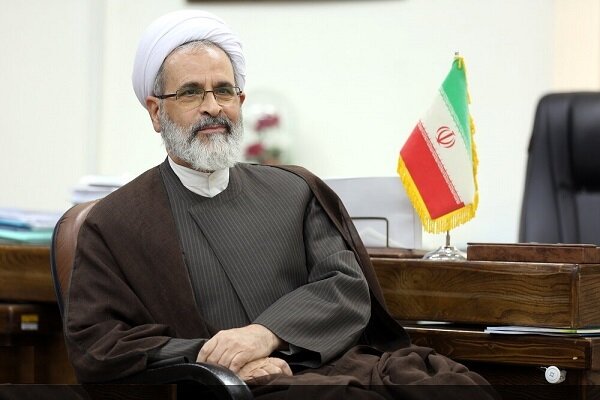Course Snapshot
Subject: Advanced Jurisprudential Course on Social Relations
Professor: Ayatollah Alireza Arafi
Class time: Tuesdays, 7:30 am
Venue of the class: Management Office of the Seminary of Qom, Masoumiyyah school, Jomhouri blvd. Qom, Iran
Course Subject
The jurisprudence of social relations is a field of knowledge that generally states the principles and rules governing the relations of human beings with each other, regardless of specific cases.
The subject matter of this course is the relationships of a human with others in a very general group, e.g., others as people of the book, Muslims, or Shia. On the contrary, others considered in specific groups are not included in the subject matter, e.g., father, mother, neighbor, family, and the like, are placed on a lower level and separated from this section.
Naturally, in social relations, we have positive, negative, and neutral behavior or conduct; that is, we have obligatory and recommended acts, and, on the opposite side, forbidden and abominable actions, and finally, permissible ones. In this course, we will judge which type of verdict mentioned above suits each social behavior or conduct.
In the jurisprudence of social relations, we have three general stages: 1. attitudes, 2. tendencies and emotions, and 3. behavior and action.
Course Professor
Alireza Arafi was born in 1959 in Meybod, Yazd. His father, Mohammad Ibrahim Arafi, was one of the prominent clerics and a close friend of Seyyed Ruhollah Khomeini. Years before the Iranian Revolution of 1979, the father used to hold Friday prayers in Iran. Several books have been written on his biography.

Arafi started his classical studies in Meybod. After finishing some Arabic-literature courses, he went to Qom in 1971 to join the Seminary of Qom. In 1977 he participated in advanced lectures on jurisprudence and its principles (dars kharej). He also studied philosophy and ethics and, at the same time, took Arabic and English courses. Being ambitious, he also learned mathematics and Western philosophy and discussed Tafsir al-Mizan and Ibn Abi al-Hadid’s commentary on Nahj al-Balagha during the holidays.
In Tafsir, he was a student of Ali Meshkini and studied the books “Our Philosophy” and “Our Economy” by Seyyed Mohammad Baqir Sadr in the presence of his professor Seyyed Kazim Haeri. He had a variety of professors, including Morteza Haeri Yazdi, Mohammad Fazel Lankarani, Hossein Vahid Khorasani, and Mirza Javad Tabrizi. He learned the lessons of Asfar Arbaa, Borhan Shefa, Fosus al-Hikam, and Tamhid al-Qawaed from the prominent scholar Abdullah Javadi Amoli and a part of Asfar from Morteza Motahhari and philosophy from Mohammad Taqi Misbah Yazdi.
He is the head of the seminaries across the country, a member of the Guardian Council, a representative of the Council of Leadership Experts, Imam Juma of Qom, a member of the teachers’ community of Qom Seminary, a member of the Supreme Council of Seminaries, a member of the Supreme Council of the Cultural Revolution and a member of the Board of Trustees of Farhangian University.
Works
Alireza Arafi is the author of several books, some of which have won awards. His most important works are as follows:
- Opinions of Muslim Scholars in Education and Training and Its Foundations, volume 1, selected as the best book in the field in 1998 (written under the supervision of Alireza Arafi).
- Raise Your Child According to the Teachings of the Prophet and Ahl al-Bayt. The third congress of religion researchers of the country in 2001 selected this book.
- Opinions of Muslim Scholars in Education and Training and Its Foundations: Imam Muhammad Ghazali (450-505 A.H.), volume 3, deserved first place in the 21st Year-book selection of the Islamic Republic of Iran in 2002. (Author: Behrouz Rafiei, under the supervision of Alireza Arafi).
- Jurisprudence of Training, volumes 1 and 2, winning the title of selected religious research in 2006 and 2007, honoring the best researchers.
